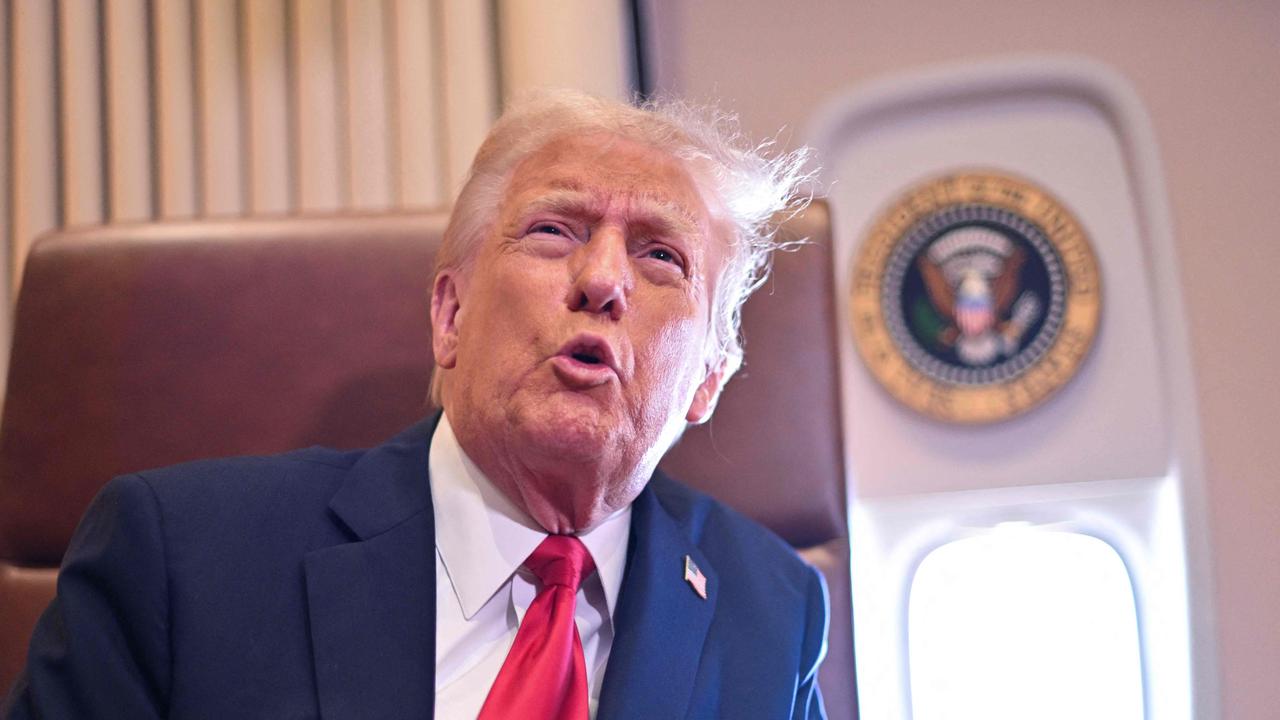Josh Frydenberg: Shorten’s seven deadly sins equal an energy crisis
Labor’s record in power — and its policies in opposition — render it unfit to fix Australia’s power crisis, writes Josh Frydenberg.
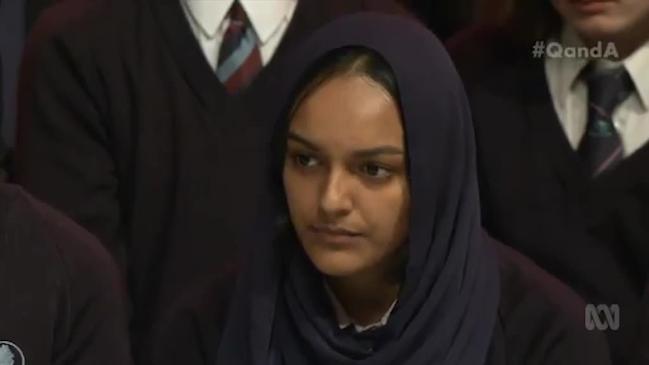
Opinion
Don't miss out on the headlines from Opinion. Followed categories will be added to My News.
- ‘Investment in clean energy means more supply and lower prices’
- PM Malcolm Turnbull faces Clean Energy revolt
The Labor Party used to pride itself as the champion of the blue-collar worker. But today Labor’s climate policies leave it a mere shadow of its former self. Bill Shorten protests saying “I’m not some rampant greenie who thinks there’s no place for fossil fuels in our energy mix”, but his seven deadly sins show the reality is very different.
The consequence of Labor’s energy policies is fewer jobs, lower growth, higher electricity prices and a less stable system. First, gas. Despite initial denials to the contrary, Labor now admits it was warned when in government that its policy of increasing gas exports would lead to “supply shortfalls” and “higher prices”. Labor’s failure to act has had disastrous consequences, with gas prices nearly tripling over the past five years.
Adding insult to injury, federal Labor is refusing to call out its state colleagues who have placed bans and moratoriums on gas exploration, locking up more than 100 years’ worth of supply. Labor governments in Victoria and the Northern Territory are the prime offenders, going against the specific advice of Australia’s Chief Scientist to develop these resources on a case-by-case basis. Second, coal.
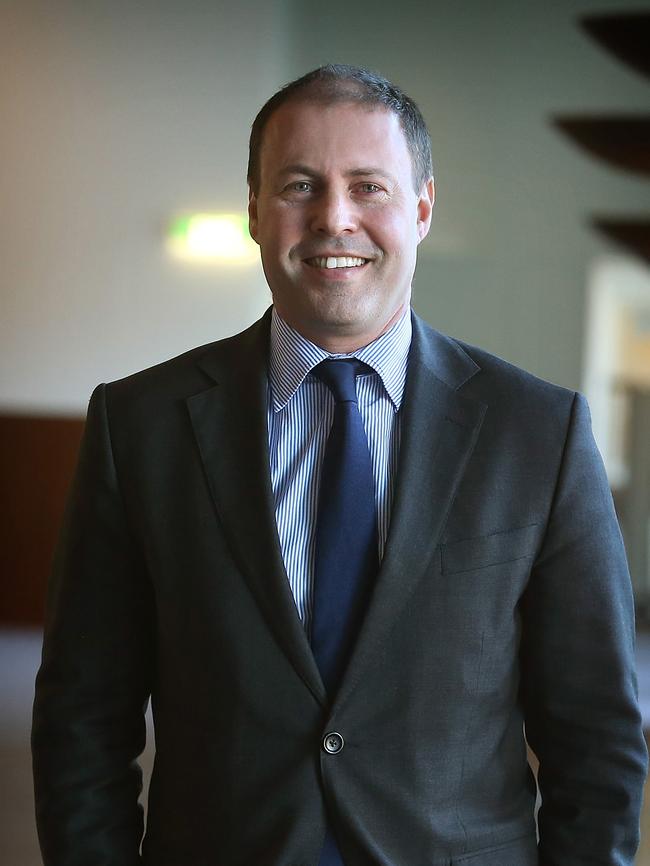
In a quest to win inner-city Green votes, Labor adopted an election policy to “kick start the closure” of coal-fired power stations. This is despite the fact that existing coal provides the cheapest form of power generation and makes up 70 per cent of today’s energy mix in the National Electricity Market.
When Bill Shorten shows up at a coal-fired power station or an energy intensive business, he puts on the high-vis vest and says “coal has a future in Australia”. But in the parliament, he does the opposite. Earlier this year, and not for the first time, Labor supported a motion in the Senate saying “has no long-term future in Australia”. Again federal Labor refuses to criticise state Labor governments such as Victoria which has increased coal royalties by 300 per cent and overseen the closure of coal-fired power stations including Hazelwood which represented nearly a quarter of the state’s generation
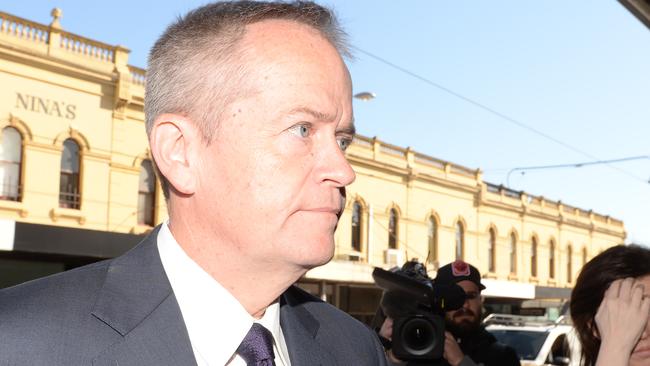
Third, South Australia. Subjected to a state Labor government for nearly 16 years, the city of churches has the highest electricity prices and the least stable system in the country. With Premier Jay Weatherill pursuing 50 per cent renewables in what he called “a big experiment”, South Australia became the first place in the country to have a full statewide blackout.
Peta Credlin: WHAT THE ENERGY POLICY DEBATE NEEDS IS SOME PERSPECTIVE
Now in a game of catch up the Weatherill government is spending hundreds of millions of dollars on a new gas-fired power plant, importing more coal-fired power than ever before from Victoria and spending $110 million on diesel generators that consume 80,000 litres an hour. In a comic routine that would make Jerry Seinfeld proud, Bill Shorten and Jay Weatherill claim it’s all going to plan.
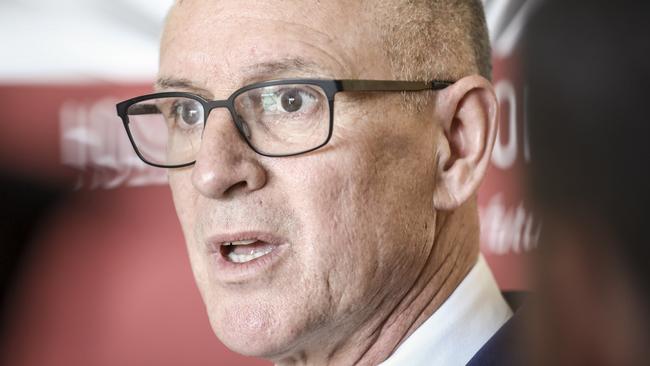
Fourth, renewables. Not deterred by the debacle in South Australia, Bill Shorten wants to take this horror show national. Federal Labor’s commitment to a 50 per cent renewable energy target which its election platform said would be legislated is a reckless leap into the dark. Tanya Plibersek calls the 50 per cent target an ‘ambition’, Tony Burke calls it a ‘goal’, Chris Bowen calls it an ‘objective’ and Joel Fitzgibbon calls it an ‘aspiration’. How can the Australian people take Labor seriously when it doesn’t even know what it is, let alone what it will cost or what it will do?
Fifth, emissions reduction. Labor’s policy is to reduce emissions across the economy by 45 per cent by 2030, a target that has been described by the Business Council of Australia as “risky and unnecessary”. Labor’s target is substantially higher than the Coalition’s more considered and realistic commitment of a 26 to 28 per cent reduction by 2030 as agreed at Paris.
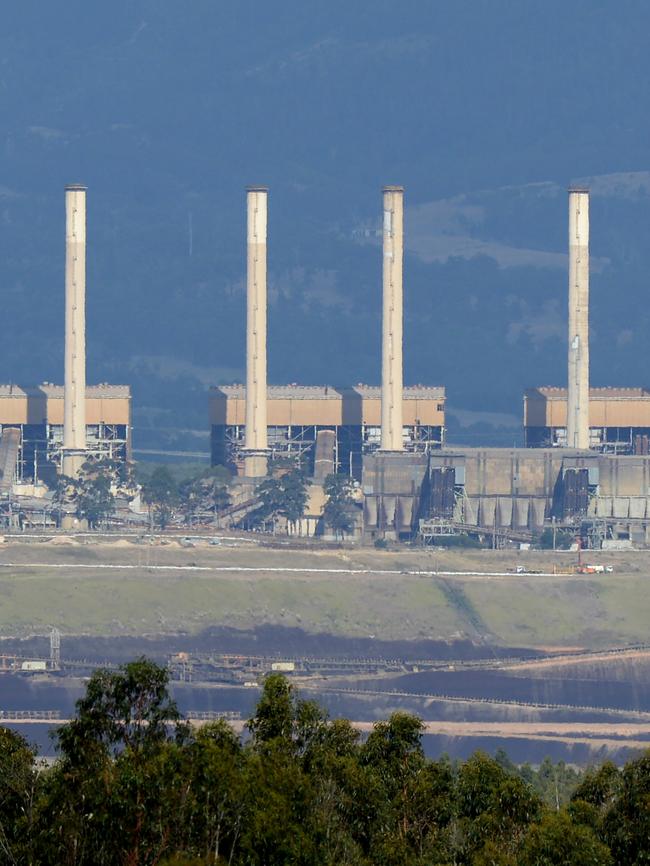
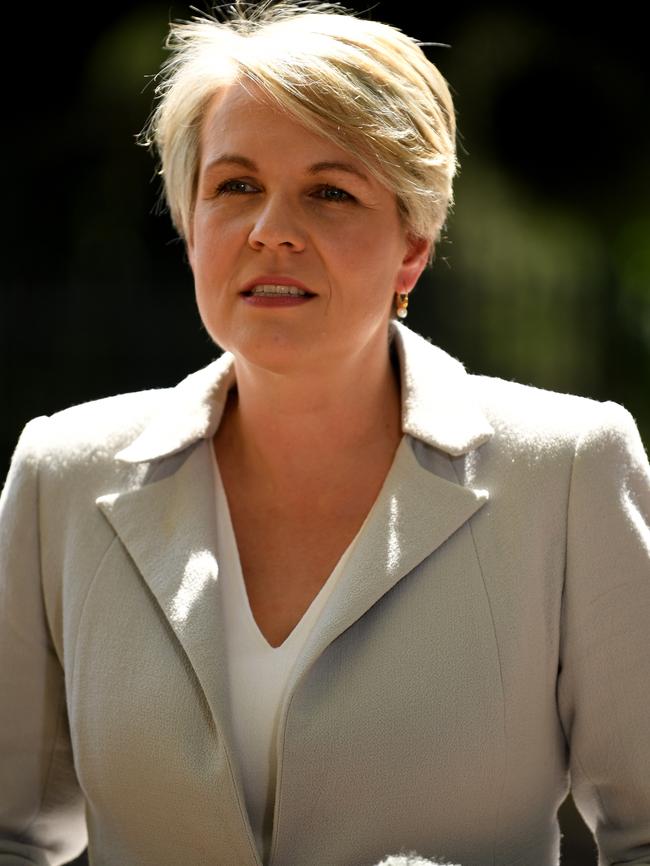
In Labor’s election platform, renowned economist Warwick McKibbin is mentioned in an attempt to give cover for its policy. However, McKibbin himself has found that Labor’s target would have a significant cost and leave Australia “well and truly worse off”. One of the big casualties of Labor’s 45 per cent target would be the price and the stability of our electricity system. In his recent report, Australia’s Chief Scientist Dr Alan Finkel warned of the “consequences for security, cost and reliability” that flow from reducing emissions from the electricity sector by more than 26 to 28 per cent. Consequences that Bill Shorten has recklessly chosen to ignore.
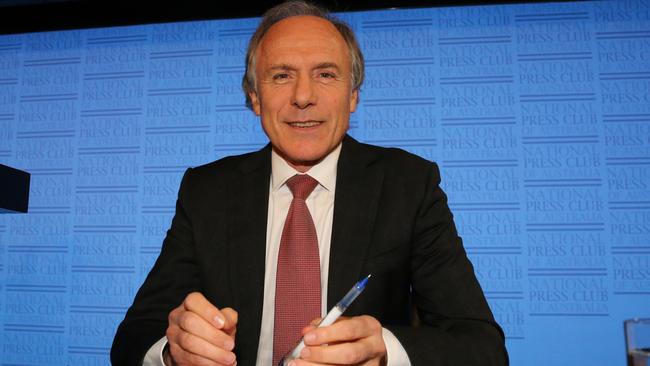
Six, policy confusion. Labor has had about a dozen different climate and energy policies, none of which have put downward pressure on prices. There was the dreaded Carbon Tax, an emissions trading scheme, an emissions intensity scheme, the Carbon Pollution Reduction scheme, Contracts for Closure, the Citizens’ Assembly and Cash for Clunkers just to name a few. Despite the fact that when the Coalition abolished the carbon tax we saw the biggest single drop in electricity prices on record, Labor is again pursuing a new electricity tax. When pressed in an interview about Labor’s energy policies, Bill Shorten’s frontbencher Joel Fitzgibbon confessed “you can call it a tax if you like”.
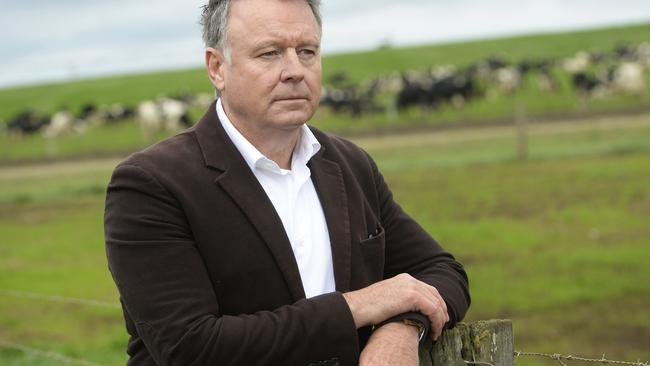
Seven, networks and retailers. In its six years in office, Labor didn’t lift a finger to rein in the powers of the poles and wire companies and the energy retailers. This is despite acknowledging in its 2016 election document that under Labor “power bills have skyrocketed … these increases were driven overwhelmingly by massive investments in networks”. Now it has been left to the Turnbull government to take the decisive step to save consumers billions of dollars by removing the ability of the networks to game the system and appeal decisions of the independent umpire, the Australian Energy Regulator.
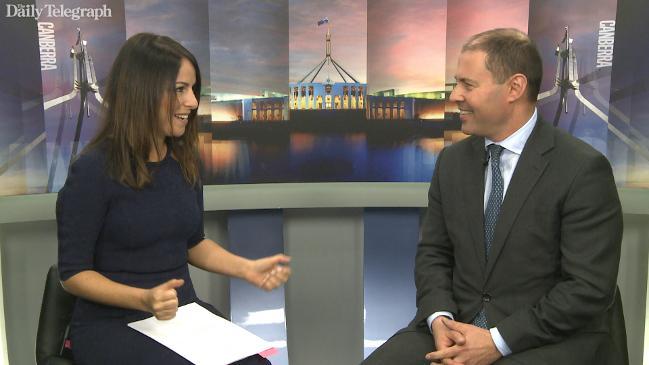
So too with the retailers, it has been the Coalition not Labor government that has called in the energy CEOs and won significant commitments from them to offer millions of Australians a better energy deal. For too long, energy policy in this country has been driven by ideology. The Labor Party in its attempt to win Green votes has been driving up family power bills and creating a less stable system. Only the Coalition with the action it is taking across the energy supply chain can be trusted to keep power prices lower and the lights on.
Josh Frydenberg is the Minister for the Environment and Energy

